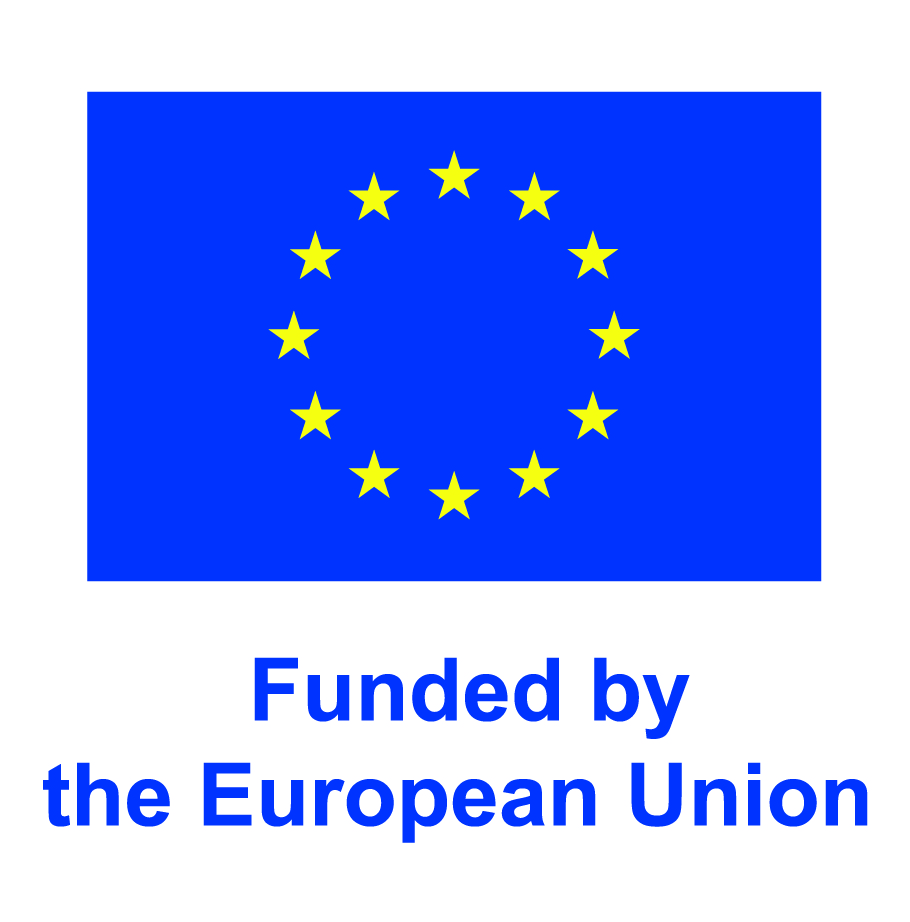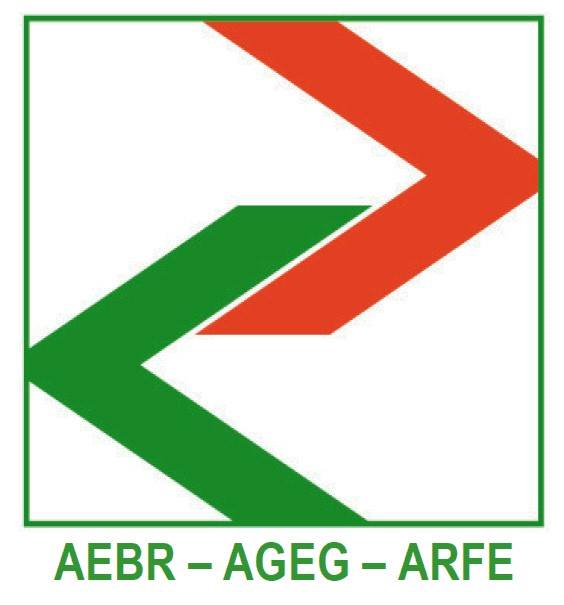My name is Lucie and I come from France. I am currently volunteering in Jaca in Spain and working for the Interreg program POCTEFA. I arrived in early November 2021. POCTEFA stands for Operational Program of Territorial Cooperation Spain-France-Andorra. It stands in the A category of Interreg program because it is a cross-border cooperation program.
This program aims at developing, reinforcing cooperation and financing cross-border projects in the Pyrenean area between France, Andorra and Spain. Concerning life in Jaca, it is a small town in the north of Spain, in the autonomous community of Aragon, province of Huesca and located at the foot of the Pyrenean mountains. Living here is being surrounded by some nature and historical places.

I am learning multiple things about cross-border cooperation, specifically about this territory. Indeed, cross-border cooperation in the Pyrenean has been existing for a long time, even long before the POCTEFA Program was created. There are traditional relations between Pyrenean collectivities since the Middle Ages. The Pyrenean is one of the oldest European borders. The Pyrenean border faces several challenges: a low population density, low workflow, isolated rural territories, environmental changes. However, the two sides of the Pyrenean also have things in common, such as regional languages. So, despite the border, some elements bring them together.
Concerning the POCTEFA Program, it acts on different lines. The five main lines of the program are :
- Boosting innovation and competitiveness
- Promoting adjustment to climate change and prevention of risk management
- Promoting the protection, the enhancement and the use of local sustainable resources
- Support the mobility of goods and people
- Strengthen the skills and the inclusion within territories
The areas of intervention of the programme include zones near the French-Spanish border and Andorra.
On the French side, the cooperation area includes the French departments of Pyrénées-Atlantiques, Ariège, Haute-Garonne, Hautes-Pyrénées, Pyrénées-Orientales from the regions Nouvelle-Aquitaine and Occitanie.
On the Spanish side, the cooperation area includes the following areas : Bizkaia, Gipuzkoa, Araba/Alava, Navarra, La Rioja, Huesca, Zaragoza, Lleida, Girona, Barcelona and Tarragona.
Andorra is also a member state of the program even if it is not part of the European Union.

In this period, the Joint Secretariat is finishing the 2014-2020 period Program and preparing the next period. Projects are organizing their project closure day and presenting their results and accomplishments. I had the chance to virtually attend some of them and to see how the Program contributes to the different functional zones. Many of them were in the field of innovation in health. Some projects get rewarded. For example, The TESTACOS project got second place in the 2021 Triple Hélice Awards in December.
I am currently volunteering and assisting the Joint Secretariat of the POCTEFA program as an Interreg reporter. I support my project manager colleagues in translating key documents such as meeting reports or documents needed for working groups. Sometimes I also help in some project management activities too.
The Regiostar Awards is also another annual contest since 2008 that rewards the innovative and inclusive approach of projects in Cohesion Policy and in five different categories.
Some POCTEFA projects have been selected as finalists at the last Regiostar Awards which took place on 2nd of December 2021 : they are the ORHI and TRAILS projects. The ORHI project has been selected in the “URBAN Europe: Promoting green, sustainable and circular food systems in functional urban areas” category, which is part of axis 1. It aims at using organic matter and plastic in a more efficient way in the agri-food value chain to reduce waste.
The TRAILS project has been selected in the “THEME OF THE YEAR: Strengthening green mobility in the regions : European Year of the Train 2021” category, which is part of axis 4. Its objective is to strengthen the flow of goods by creating a cross-border digital single desk to bring together the multimodal offer of the two territories.
Volunteering abroad is also about learning a new culture and a new language, which was also my goal. After five years of my academic schooling and thanks to this experience, I will be able to better understand the dynamics of a cross-border program. For the moment, this volunteering shows me that cross-border cooperation is essential and that cooperation has an impact on preserving the local culture, heritage and environment. Cross-border cooperation is even vital in some fields such as fires management, access to health and emergency interventions for the local population. It is therefore important to realize that cooperation in Europe is a real need and that it makes a real impact on the local scale.
I am grateful and happy to be part of the POCTEFA Program. There are still many things to discover and learn.
Lucie – Interreg Reporter at POCTEFA ES-FR-AD – Spain-France-Andorra Interreg Programme


